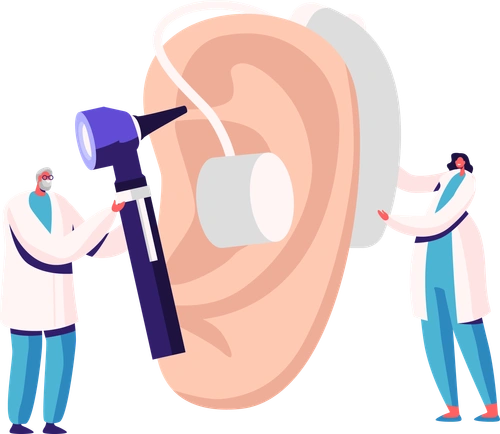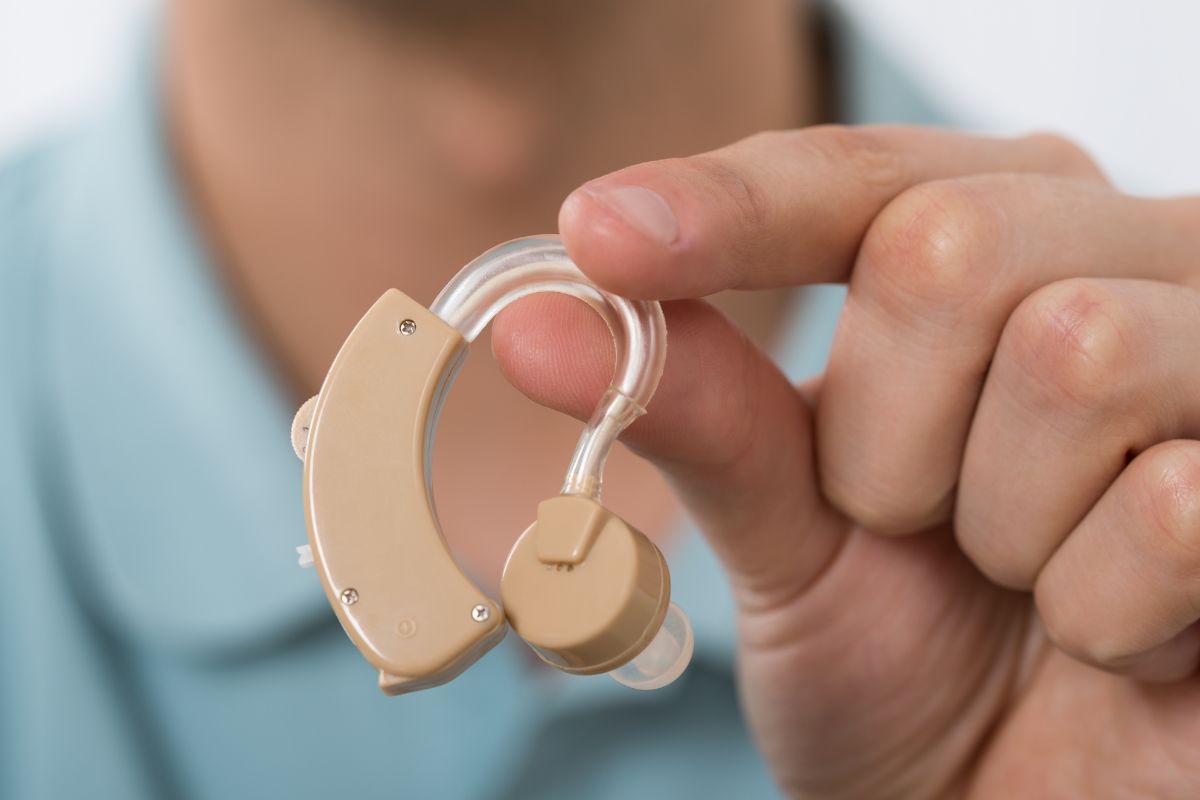
Does Medicare Cover Hearing Aids?
Hearing aids can be expensive. While the FDA approved over-the-counter options recently, those won’t work for those with moderate to severe hearing loss. Some hearing aids can cost $3,000 or more - per ear! It’s not uncommon for people to need hearing aids during the Medicare years.
Does Medicare cover hearing aids? Unfortunately, that answer is no. Medicare does not provide coverage for any routine hearing services. Your primary care physician will provide a hearing check during your annual wellness visit, but that’s about where the coverage stops.
The same is also true for routine vision care, as well as dental treatment. Let’s take a closer look at how to get coverage for hearing services under Medicare.
Medicare and Hearing Exams
Original Medicare (Parts A and B) does not cover any routine hearing exams or other services. That means that Medicare Supplements (Medigap plans) also won’t cover them. However, if your provider suspects you may have an underlying health condition, you may be able to get a diagnostic hearing exam covered by Medicare Part B.
The key to getting anything covered by Medicare is to make sure it’s deemed medically necessary. If your doctor says you need an exam to diagnose another condition, Medicare should approve (and pay for) the test. Common situations when this occurs is if your doctor thinks you may be experiencing vertigo or another neurological condition.
While Original Medicare and Medigap plans don’t cover hearing exams or hearing aids, you may have coverage if you have a Medicare Advantage (Part C) plan. Each Part C plan is different, so you’ll need to read the summary of benefits to find out if you have hearing coverage. You may be eligible for an annual hearing exam and can even get money towards hearing aids. This is not uncommon in Medicare Advantage plans.
Do You Have Hearing Loss?
If you don’t have coverage for a hearing exam, there are a few things you can do to help determine if you’re experiencing hearing loss. The following are some signs to watch for.
-
You have a hard time hearing in crowds or places with lots of background noise.
-
You often ask others to repeat themselves or speak more slowly.
-
Other people feel like you are shouting when you talk.
-
You can hear better out of one ear than the other.
-
You experience frequent headaches.
If you are experiencing one or more of these symptoms, you should consult with an audiologist.
Get Help with the Cost of Hearing Aids
Unless have a Medicare Advantage plan, you may need to find help to cover the cost of hearing aids.
If you have a Health Savings Account (HSA) or a Flexible Spending Account (FSA), you can use funds in those accounts to pay for hearing services, including exams, aids, and batteries. If you have Medicaid, you may also qualify to get hearing aids through the Medicaid program.
Veterans with hearing loss related to their military career are also eligible to get hearing aids through the Veterans Affairs (VA) program. The VA offers hearing aids to Purple Heart recipients, former POWs, veterans with disabilities, and other groups of people.
You may also search for non-profit organizations that offer financial assistance for hearing aids. Two of these groups include the National Hearing Aid Project and Hear Now.
Lastly, you can enroll in a Dental, Vision, and Hearing insurance policy. These “DVH” plans are popular among Medicare beneficiaries since those are the three main services not covered by Medicare. If you are purchasing a plan specifically for hearing coverage, be sure to make sure the plan covers what you need.
Still Have Medicare Questions?
Schedule a FREE Medicare plan consultation with an agent in your neighborhood.
Privacy and Security: Your privacy and security are extremely important to us. Your personal information is protected by our Privacy Policy
LocalMedicareSpecialists.com is privately owned and operated by LMS Insurance LLC. LocalMedicareSpecialists.com is a non-government resource for those who depend on Medicare, providing Medicare information in a simple and straightforward way.
We do not offer every plan available in your area. Currently we represent 11 organizations which offer 173 products in your area. Please contact Medicare.gov, 1-800-MEDICARE, or your local State Health Insurance Program (SHIP) to get information on all of your options.
